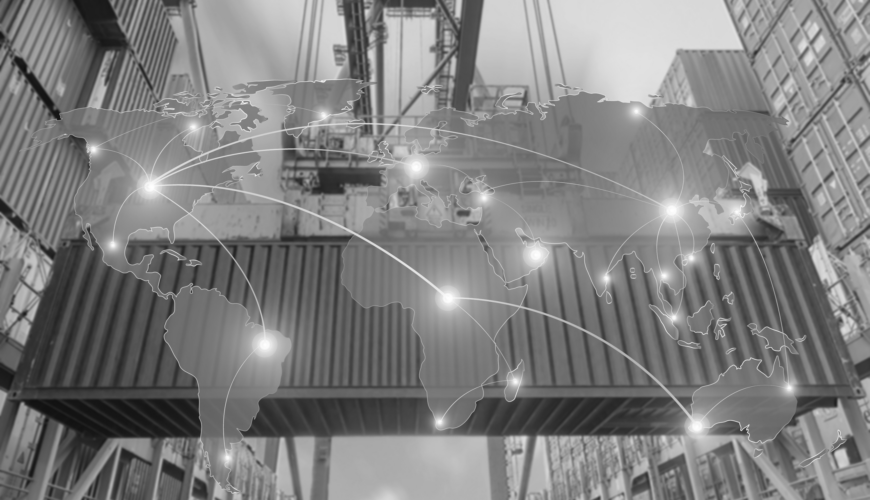Let’s look at scenarios for how elections might impact the supply chain. A report, Election Year Impact Report, released on April 16, analyzes how the 2024 global elections will create new supply chain risks associated with international trade, commodity supplies, and cyberattacks. This year, election voters across the United States, Mexico, India, Taiwan, Indonesia, and the United Kingdom will cast unprecedented ballots.
The findings show that while the direct impact may not become apparent until weeks or even months after the elections, organizations must prioritize supply chain scenario planning to foresee and effectively respond. Navigating global elections for supply chain resilience involves strategic planning, risk management, and proactive adaptation to potential political changes. Use this step-by-step approach to ensure supply chain resilience during global elections.
Risk Assessment and Monitoring
Conduct a thorough analysis of the political landscape in key regions. Identify countries with upcoming elections and assess the likelihood of political instability. Use tools and services that provide real-time updates on political developments. Monitor news, government announcements, and political movements closely.
Diversification
To mitigate risks, avoid reliance on a single supplier or country. Source materials and products from multiple suppliers in different regions. Establish manufacturing and distribution facilities in various locations to spread risk.
Inventory Management
Increase critical components’ and finished goods’ safety stock levels to buffer against potential disruptions. Strategically position inventory in regions less likely to be affected by political instability.
Supplier Relationships
Develop strong, collaborative relationships with suppliers to ensure better communication and support during uncertain times. Work with suppliers to create contingency plans for potential disruptions due to political changes.
Scenario Planning
Develop and regularly update best-case and worst-case scenarios for how elections might impact the supply chain. Establish clear response strategies for each scenario, including rerouting shipments, adjusting production schedules, or finding alternative suppliers.
Contract Management
Negotiate contracts that allow for flexibility in terms of volumes, delivery schedules, and pricing. Ensure contracts include force majeure clauses that cover political risks and outline the responsibilities and protections for both parties.
Logistics and Transportation
Identify and secure alternative transportation routes and logistics providers to ensure continuity if primary routes are disrupted. Leverage local logistics providers with expertise in navigating their regions’ political landscapes.
Technology and Data Analytics
Use predictive analytics to forecast potential supply chain disruptions based on political developments. Implement blockchain technology for transparency and traceability in the supply chain, which can help quickly identify and address disruptions.
Compliance and Legal Considerations
Stay informed about changes in trade regulations, tariffs, and sanctions that might result from political changes. Work with legal experts to ensure all contracts and operations comply with local and international laws.
Communication
Maintain clear and regular communication within your organization to inform all stakeholders about potential risks and response plans. Communicate proactively with customers and partners about potential delays or changes in the supply chain due to political events.
Employee Training and Preparedness
Train employees in crisis management and response strategies to ensure they are prepared to handle disruptions. Utilize local employees’ insights and expertise to better understand and navigate the political landscape.
“This year, regional economic powerhouses and some of the world’s largest economies will cast ballots that could significantly impact global populations; as such, organizations must operate with heightened awareness around resulting supply chain impacts,” said David Northington, CEO of Everstream Analytics, in a statement.
By taking proactive steps, companies can enhance their supply chain resilience and better navigate the uncertainties and risks associated with global elections. Visit the Material Handling & Logistics article entitled Global 2024 Elections Threaten Supply Chain for additional information on border tensions, commodity supplies, and international security risks.


